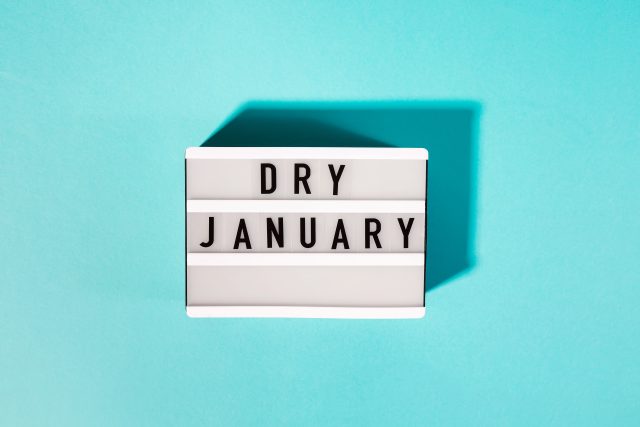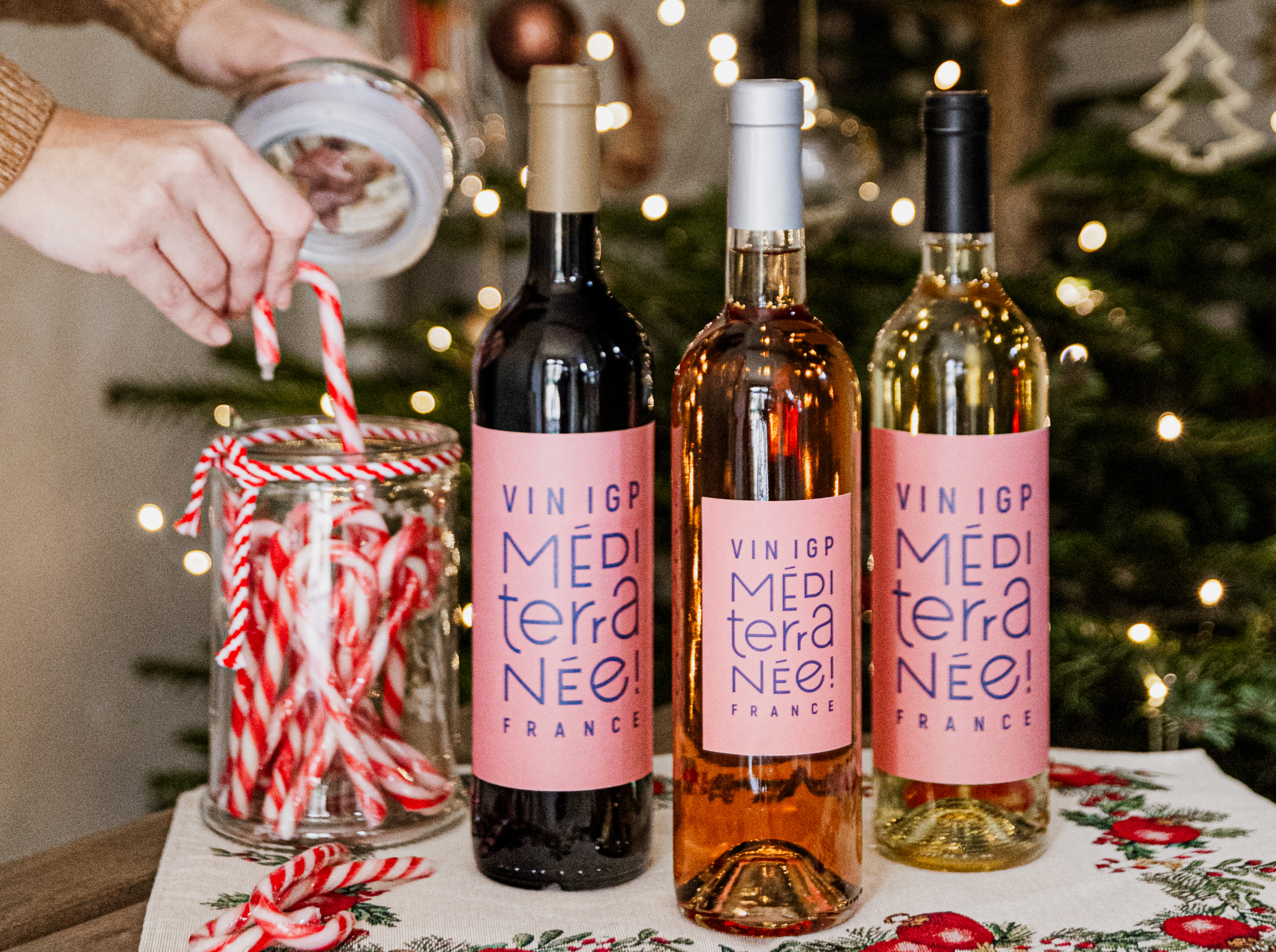Who can legally use the term Dry January?
The phrase Dry January has become a staple among drinks producers and retailers. But how carefully do you need to tread when using it?

Two words on everyone’s lips this month are ‘Dry January’. But UK producers came close to not being able to utter them at all in the context of selling drinks.
For the last two years, Alcohol Change UK has attempted to prevent other organisations from using the term to promote their products.
Following a number of “cease and desist” letters sent out by the charity, it was ruled by a tribunal in April 2024 that the terms of Alcohol Change UK’s Dry January trademark could not be extended, leaving other parties free to use the phrase in certain contexts.
The trademark was first registered by Alcohol Change UK in 2014, but in 2022 the charity tried to extend the rules to prohibit brands (including no-and-low brands) from using the phrase in a context related to products, promotional activities and merchandise.
Fighting back
After receiving one of the “cease and desist” communications from the charity, alcohol-free beer maker Big Drop Brewing, based in Suffolk, decided to contest the order.
Big Drop successfully argued that preventing no-and-low brands from using the term Dry January would likely hinder the charity’s overarching goal of reducing alcohol harm.
“Many of those [no and low] brands are pretty much aligned with Alcohol Change UK on the need for effective work towards reducing alcohol harm, so it makes sense to work together and not put up unnecessary barriers,” said Big Drop founder Rob Fink at the time.
Big Drop claimed that the extension to the trademark would allow Alcohol Change UK to “unduly monopolise” the term Dry January.
Significant investment
Richard Piper, CEO of Alcohol Change UK, said his organisation had “coined the term and invested significantly in its promotion for over a decade, also policing its use and licencing it to others”.
Partner Content
Piper further claimed that only “official partners to the Alcohol Change UK Dry January programme have the right to use the name”.
He added that “we positively welcome conversations with any non-alcoholic brand that wants to explore joining us as a partner.”
Marketing term
Judge Judy Pike, who ruled over the proceedings, declared that the term is already widely used, and that the average consumer is unaware of the trademark.
She said that it was “reasonable to assume other traders will use the words Dry January in marketing a promotion for their drinks”.
Subsequently, the UK Intellectual Property Office ruled that brands can use the phrase in a promotional context.
However, while the ruling allows brands to use Dry January in their marketing materials, they could still find themselves in hot water if they incorporate the term into the name of a product. According to Alcohol Change UK, this would still “very likely be committing a trademark breach”.
The official Dry January logo and imagery also fall under the charity’s trademark.
“What we have done, just as any brand would, is sought to protect our trademark, particularly from those looking to exploit it for financial gain,” Julie Symes, senior communications manager for Alcohol Change UK, told db. “Any brand interested in using that trademark should, in the first instance, get in touch with us.
“Unauthorised use, however, will not be accepted.”
Related news
York launches NoLo map to spotlight alcohol-free options ahead of Dry January




